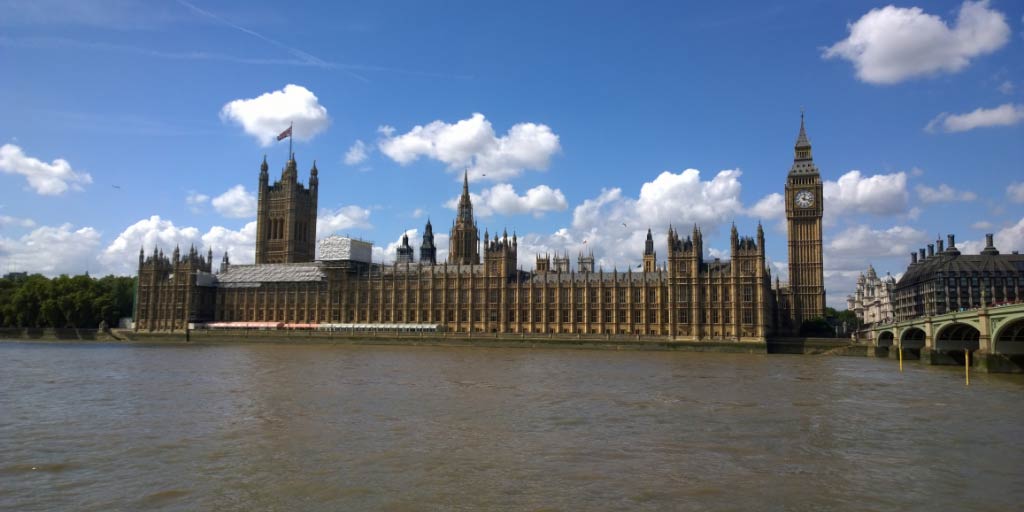This information should not be interpreted as financial, tax or legal advice. Mortgage and loan rates are subject to change.

Categories: prs | house prices
With uncertainty about reforms planned by the Labour government, there are many question marks surrounding the Private Rented Sector (PRS).
Although landlords across the country are concerned about the future of their industry under a new government, there are signs of stability in the housing market, with more set to come.
We review the PRS as it currently stands and also take a look at the solutions UK landlords are putting forward, including what they need to see from Labour to restore their confidence.
The good news
Following the Base Rate cut to 5%, landlords have wondered when mortgage rates will start to come down. As the August vote among the Monetary Policy Committee resulted in a tiny drop of 0.25%, only small handful of lenders have, thus far, released lower-rate products in reaction to this.
However, whilst inflation is set to rise in the short term, it’s projected that it will continue to decrease in 2025, so in the long term, mortgage rates are anticipated to decrease across the board.
The Halifax House Price Index shows that, as mortgage rates decrease, house prices may modestly increase. Affordability may continue to pose a challenge for first-time buyers since property prices increased by 0.8% in July, though landlords will be less affected by this. Property prices have been highly stable throughout the past two quarters of 2024, which is a positive sign.
Meanwhile, rental yields are exceptionally strong according to statistics gathered by leading lender Paragon Bank, in their latest PRS Trends Report. On average, landlords generated rental yields of 6.3% in the second quarter of 2024, the highest figure since the third quarter of 2014, almost ten years ago.
Is there a “war on landlords”?
Despite uncertainty about Labour’s intentions, they have recently made a stand against rent controls, which may reassure some landlords fearful of “Labour’s war on landlords”, a narrative pushed by some major voices in the mainstream media.
That said, there are many valid reasons for landlords to be wary of the new government. Labour’s biased tendencies towards tenants over landlords – among other ‘underdog’ causes – are hard to dispute.
Although Labour have not removed Section 21 yet, its fate still hangs in the balance, giving landlords anxiety about whether they will still have workable ways to evict tenants, if the need arises.
Something that both landlords and tenant-advocacy charities seem to agree on is that clearer, firmer targets would remove uncertainty.
What landlords want from Labour
According to market analysts, a significant portion of landlords have pointed towards eviction process reforms as a possible solution to increasing buy to let investment. In a poll by Pegasus Insight, 64% of landlords listed eviction reform as a top priority, even more so than lowering taxes.
Other polls have suggested that, among landlords, confidence in the government’s ability to deliver eviction reforms effectively is low. Considering the many fearmongering headlines about Labour’s determination to make life harder for landlords, and their focus on tenants needs, it’s unsurprising that many landlords feel pessimistic.
But, as mentioned above, Labour have made some pledges that can benefit landlords. Sir Keir Starmer’s overarching goals for his cabinet is to focus on growing the UK economy. Being vocally pro-tenant is a good strategy to win votes. But, with the reality of coming into power, Labour must be careful not to destabilise housing supply, and the PRS is a critical part of this.


